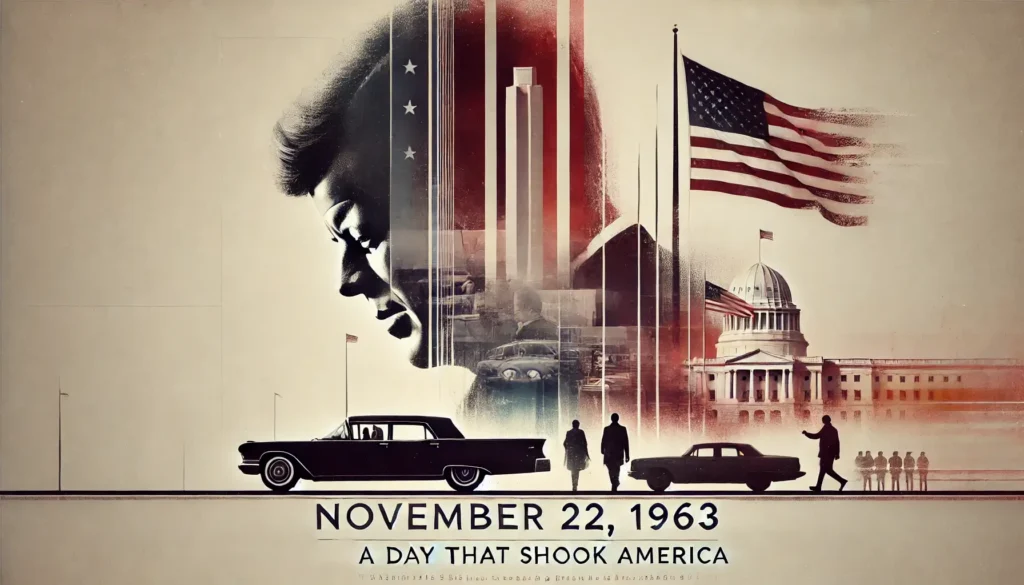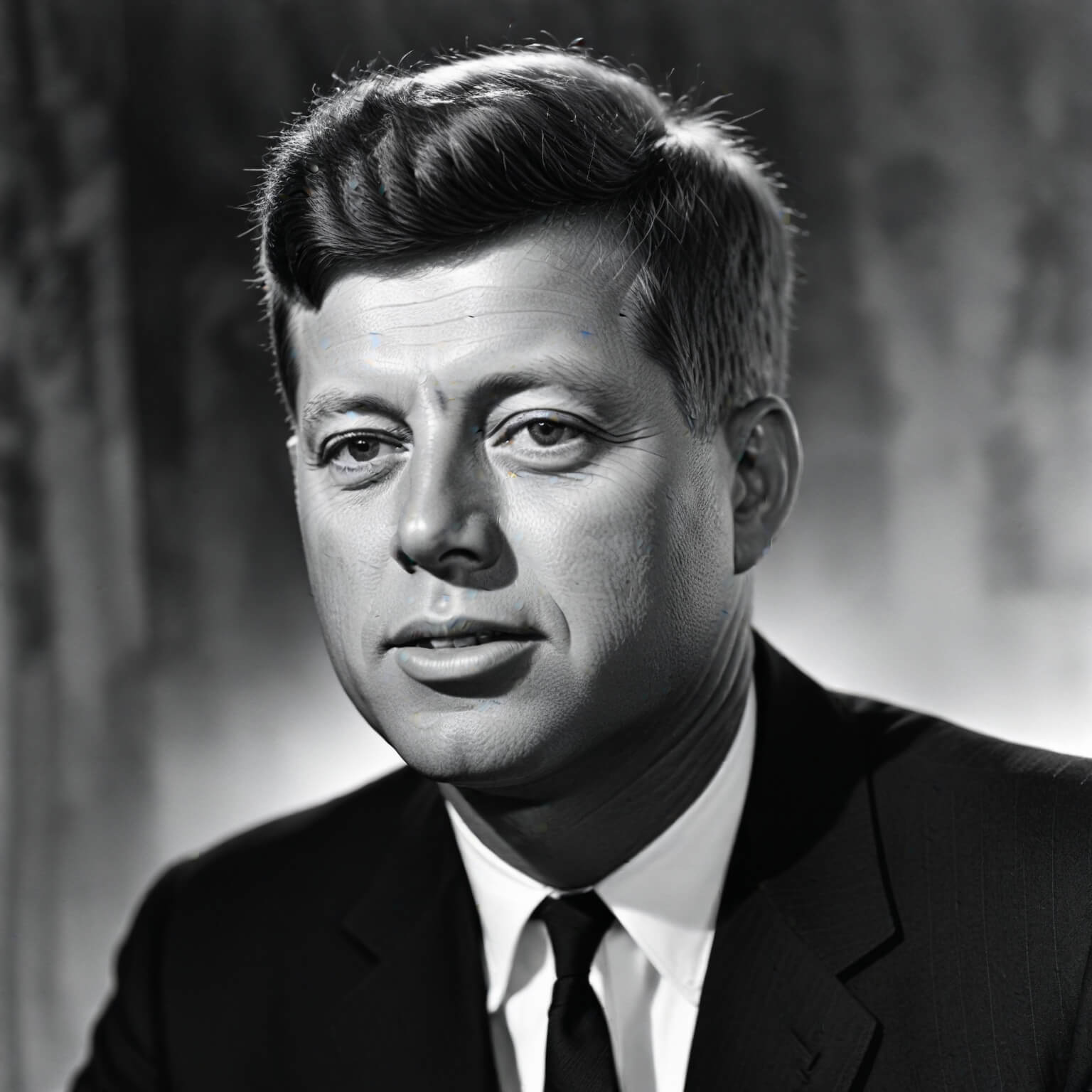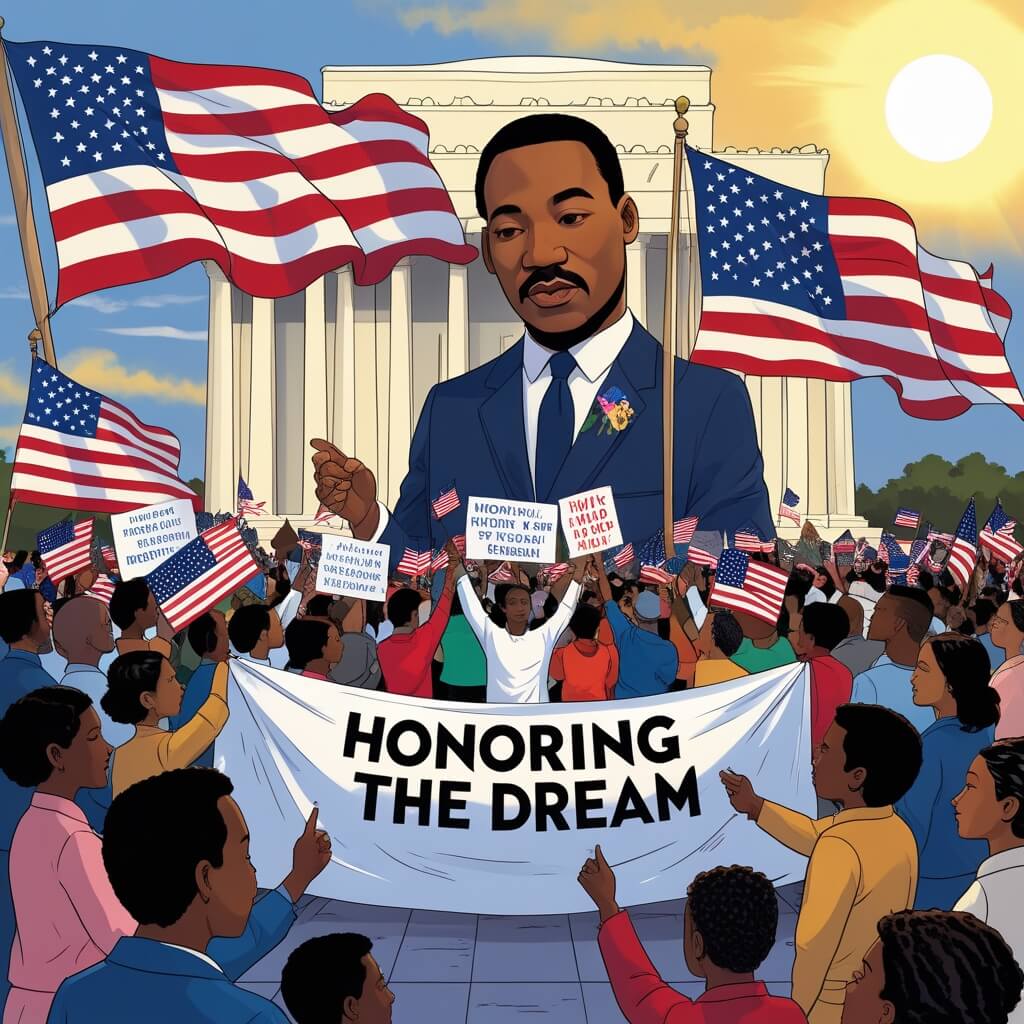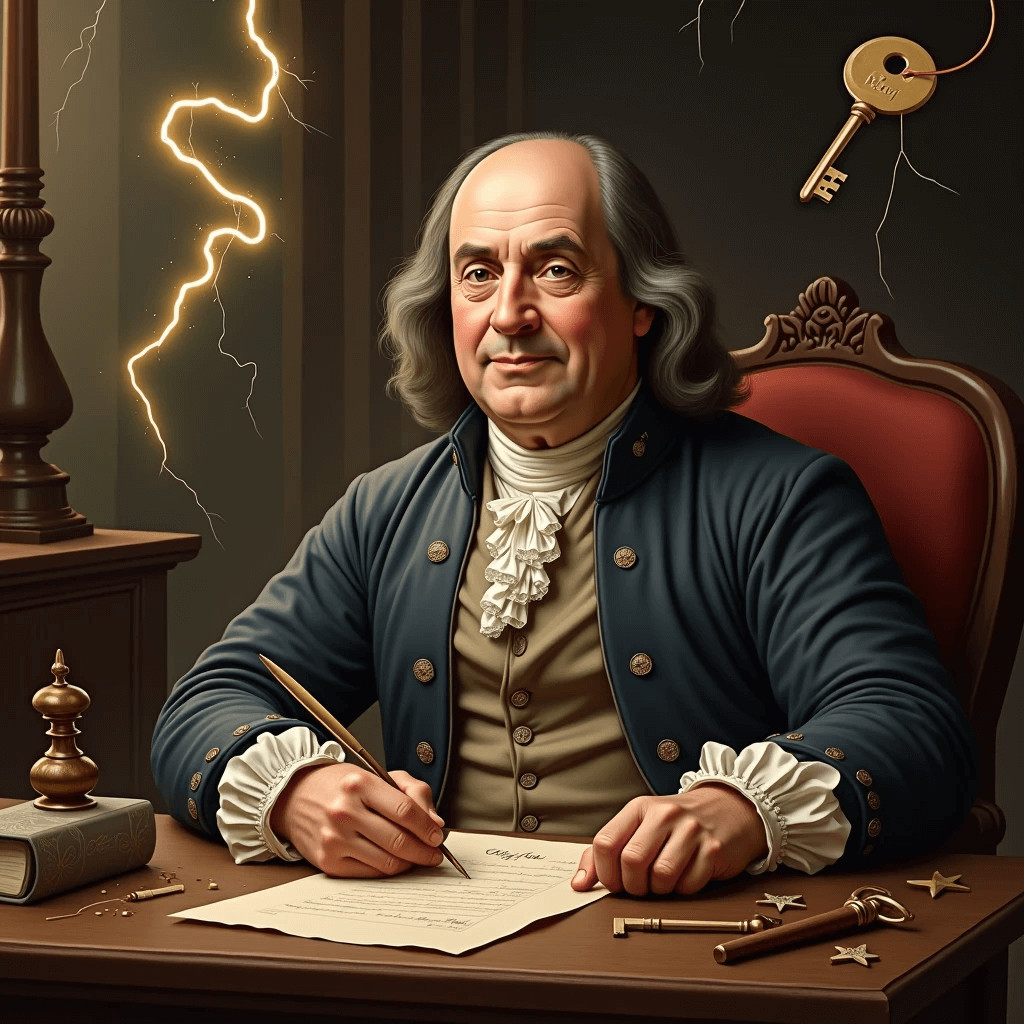The Assassination of John F. Kennedy: A Day That Shook the Nation
On November 22, 1963, the United States faced one of its darkest moments. President John F. Kennedy, one of the most charismatic leaders in American history, was tragically assassinated in Dallas, Texas. This shocking event marked a turning point for the country, deeply influencing its political landscape and leaving a legacy of unanswered questions and enduring sorrow.
The assassination occurred during a motorcade through downtown Dallas. Kennedy was seated in an open-top limousine alongside his wife, Jacqueline Kennedy, Texas Governor John Connally, and Connally’s wife, Nellie. As the motorcade passed through Dealey Plaza, gunshots rang out. Lee Harvey Oswald, a former Marine, was identified as the man who fatally shot the president from the sixth floor of the Texas School Book Depository.
A Nation in Mourning
The news of Kennedy’s death spread quickly, plunging the nation into grief. Television networks interrupted regular programming to provide continuous coverage, and millions of Americans watched as the tragedy unfolded. Lyndon B. Johnson, Kennedy’s vice president, was sworn in as the 36th president aboard Air Force One just hours after the assassination.
Jacqueline Kennedy, wearing her blood-stained pink suit, stood stoically by Johnson’s side during the oath of office. Her quiet strength became a symbol of grace amidst unimaginable tragedy, earning her the admiration of a grieving nation.
The Legacy of John F. Kennedy
Kennedy’s presidency, though cut short, was marked by ambitious initiatives, including the establishment of the Peace Corps and a strong commitment to civil rights. His vision of putting a man on the moon inspired a generation and pushed the United States forward in the space race. Despite his untimely death, his leadership and ideas continue to influence the nation.
His assassination also led to significant changes in presidential security. The Secret Service strengthened its protocols, and future motorcades became more heavily guarded.
Conspiracy Theories and the Warren Commission
The official investigation, led by the Warren Commission, concluded that Lee Harvey Oswald acted alone. However, this finding did little to quell the speculation surrounding the event. Numerous conspiracy theories emerged, suggesting the involvement of organized crime, the CIA, and even foreign governments. These theories remain a source of intrigue and debate.
A quote by historian Arthur Schlesinger Jr. aptly summarizes the event’s impact:
“The assassination of John F. Kennedy will forever remain one of the great mysteries of American history.”
Key Highlights of the Event
- John F. Kennedy was assassinated on November 22, 1963, in Dallas, Texas.
- Lee Harvey Oswald was identified as the lone shooter.
- Vice President Lyndon B. Johnson was sworn in as president hours after the assassination.
- Kennedy’s death led to widespread mourning and significant security changes for future presidents.
- The assassination sparked numerous conspiracy theories and debates that continue to this day.

Conclusion
The assassination of John F. Kennedy remains one of the most significant events in American history. It not only marked the tragic loss of a visionary leader but also deeply impacted the nation’s psyche. Kennedy’s legacy endures through his contributions to civil rights, the space program, and his call for global unity. As we reflect on this historic day, it reminds us of the fragility of leadership and the enduring quest for answers.



